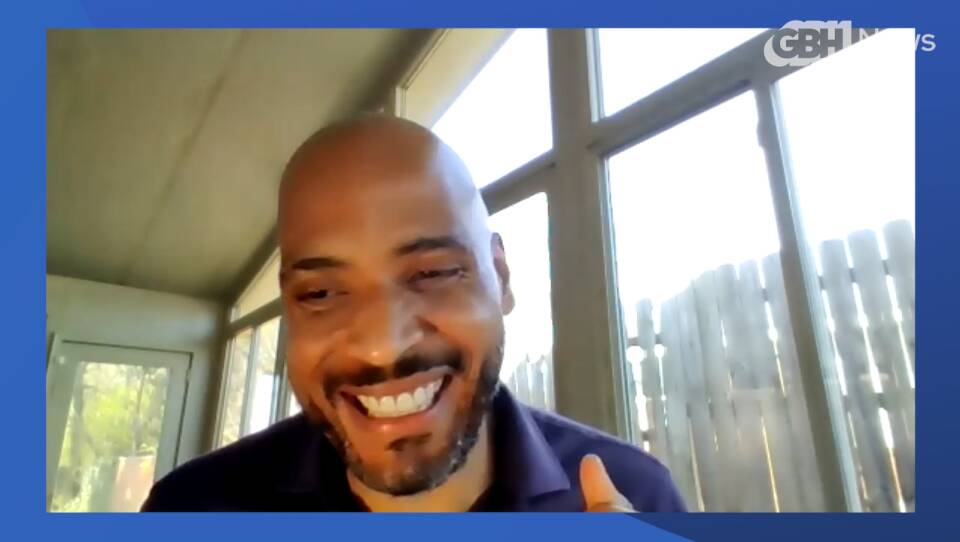Music venues and theatres in Massachusetts have been allowed to reopen since March 22. Still, the guidelines severely restrict what will happen on stage: singing is prohibited, live brass instrument performances are discouraged, and social distancing will limit the number of people able to view performances in person.
"I hope it looks like a Black Friday sale and people will be pushing their ways into the theater doors to fill those seats; I don't think that'll be the case," Mass Cultural Council Executive Director Michael Bobbitt told Boston Public Radio on Tuesday, as part of the show's series on Massachusetts businesses reopening.
Bobbitt said the arts and culture sector has been nothing short of devastated by pandemic-induced closures. The industry has recorded more than $588 million in losses, and more than 30,000 jobs have been lost over the past 12 months.
Broadway in Boston announced those shows wouldn't return to Boston until November, with the blockbuster musical 'Hamilton' not returning to the city until 2023.
"Singing is still not allowed (for indoor performances), which is keeping us pretty vulnerable," said Bobbitt.
Massachusetts' guidance for performers encourages "face coverings during performances whenever feasible," which requires performers to remain 6 feet apart even if wearing masks. Any activities that require prolonged direct contact, like "intimate scenes, fight scenes," are discouraged.
"When we reopen, we might see a lot of one-person shows," said Bobbitt, noting that even just backstage traffic and prop management are complicated given COVID-19 mitigation efforts.
Bobbitt said he's confident performing arts centers can successfully adapt to protocols to make audiences feel safe, but they will struggle with revenue.
"If you can't produce at 100 percent capacity, and at least at that moment be able to recoup the revenue from that, it's hard," he said.
Bobbitt, who came to the Mass Cultural Council in February from a stint as Artistic Director at New Rep Theatre in Watertown, recalled concerns that capacity reduced to 50 percent made it financially impossible to reopen.
In addition to concerns about reduced capacity and arts institutions' ability to make money as they reopen, Bobbitt noted a massive labor force loss problem.
"The unemployment rate of arts and cultural workers is about 20% higher than any other industry," he said, noting that a lot of that is gig work, which made unemployment protections complicated during shutdowns.
He framed the arts and culture sector as a necessary and significant economic driver for the state, which requires an innovative effort to robustly rebuild after the pandemic.
"If you expose everyone to arts and culture and creativity, then you have a more vibrant world; you have people that can problem solve better," he said. "For the state of Massachusetts, it makes the workforce more competitive, on a national and international level ... I think of it as a health and human service, like education and like healthcare and like housing."
WATCH: Bobbitt on the importance of arts being accessible to all.





